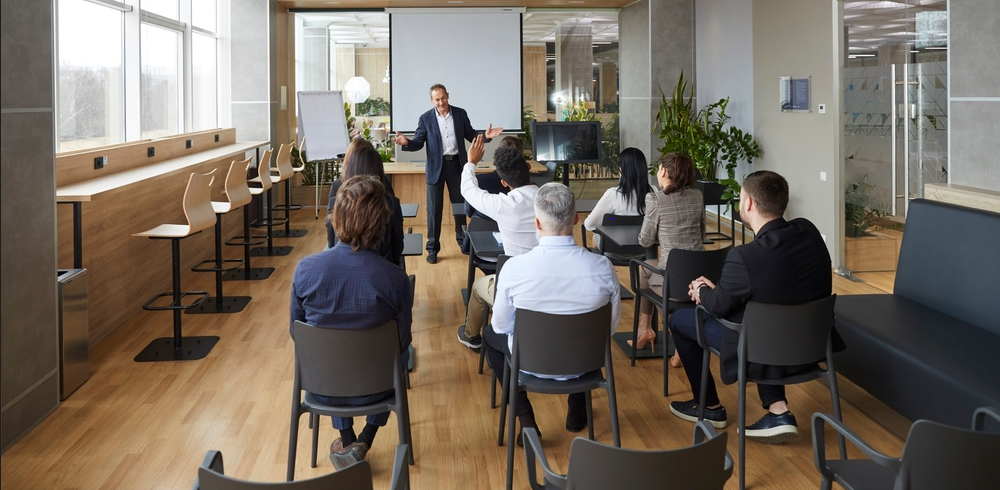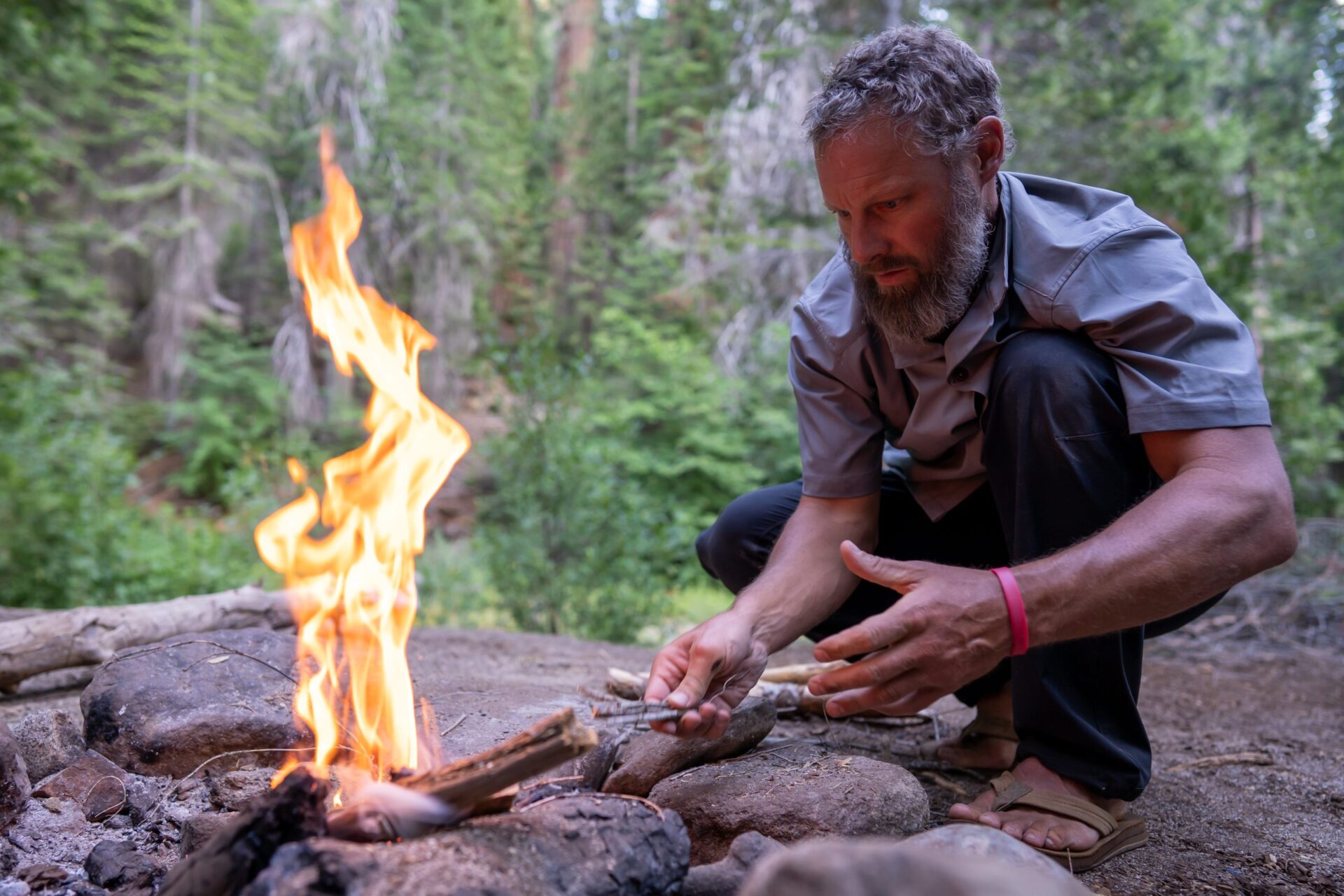I’ve been learning about and practising organisational development for over 15 years, and have met and worked with some amazing, creative people in that time, all working to have a positive impact on the performance of organisations and the people that work in them. From the beginning, when I first started exploring organisational development as a practice, I learned that the values that act as a foundation to our work as organisational development practitioners were a response to a world emerging from WWII, seeking to understand how the rise of populism in Europe could have led to such terrible consequences. Some argue that it is this grounding in humanistic values of democracy and participation, alongside a recognition of the importance of critically reflecting on our practice, that sets organisational development apart from other forms of change management.
Looking at what is emerging in the world today, it would be easy to argue for an increasing need for these values to come to the fore in how we all work together, whether it’s in responding to how the Covid pandemic has reshaped the workplace and employee expectations, or how governments and organisations are having to respond to changes in workforce demographics and the global movement of people.
What is the current challenge?
In an increasingly uncertain and unpredictable world where scarcity, or the anticipation of it, has the potential to drive a similar rise in populism to that which gave birth to organisational development, the need to act with our values in mind and to critically reflect on the impact we are having on ourselves and others, seems to me to have never been so important.
And, I think we have some choices to make. The sheer scale of global challenges can lead us to feel powerless to change anything. Conversely, it can tempt us to inflate our sense of our impact and expertise, leading to grand plans of changing the world. At times, some of the models I see emanating from leading organisational development thinkers suggest to me this is what might be happening. This feeling of impotence and/or grandeur can encourage us into an introspective mode, one in which the way we talk to each other increasingly alienates our potential clients and those working in the organisations we seek to influence.
I think the challenge before us is to take a realistic look at the places where we practice and ask ourselves, “Where can I have the most impact?” And, “given what I know, how can I make the best judgements about what I can say and do, to have that impact?”. Then, with our values, our tools, our models, and our flexible and responsive selves at our disposal, we can roll up our sleeves and get to work.
Roffey Park Institute – Masters in People and Organisational Development
In rolling up my own sleeves and getting to work, I have recently been offered the privilege of leading the Roffey Park Academy. This is the Higher Education division of Roffey Park, with a focus on post-graduate qualifications. We have a long and proud history of offering our MSc in People and Organisational Development. I am a graduate of the MSc myself, having graduated in 2009.
Through the MSc, we work with participants to explore and gain mastery in their P&OD practice. I know from personal experience the difference the Roffey Park MSc can make. Since graduating, my career has taken me into various senior people and organisational development roles including a global head of change for an international charity and Director of organisational development for a large housing organisation all the while benefiting from the ongoing support of a network of organisational development practitioners with whom I have studied and worked.
The new MSc programme is global and fully online and, as a result, is attracting organisational development practitioners from all over the world working in many different sectors (we currently have participants from Australia, India, Singapore and The Caribbean as well as the UK and Europe), giving us all an opportunity to learn what it means to practice in widely diverse contexts.
If you want to learn more about our MSc, get in touch, we will be delighted to chat with you and help you make your choices.





